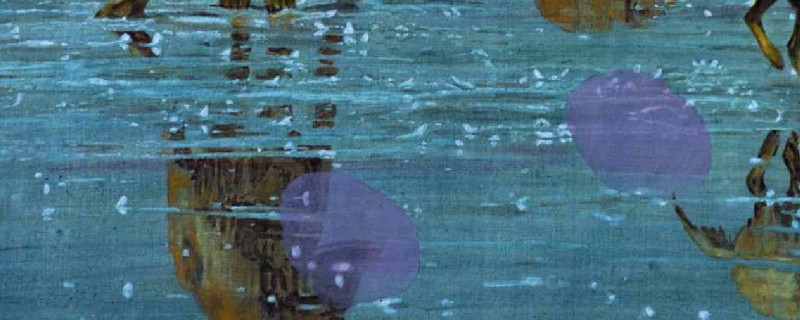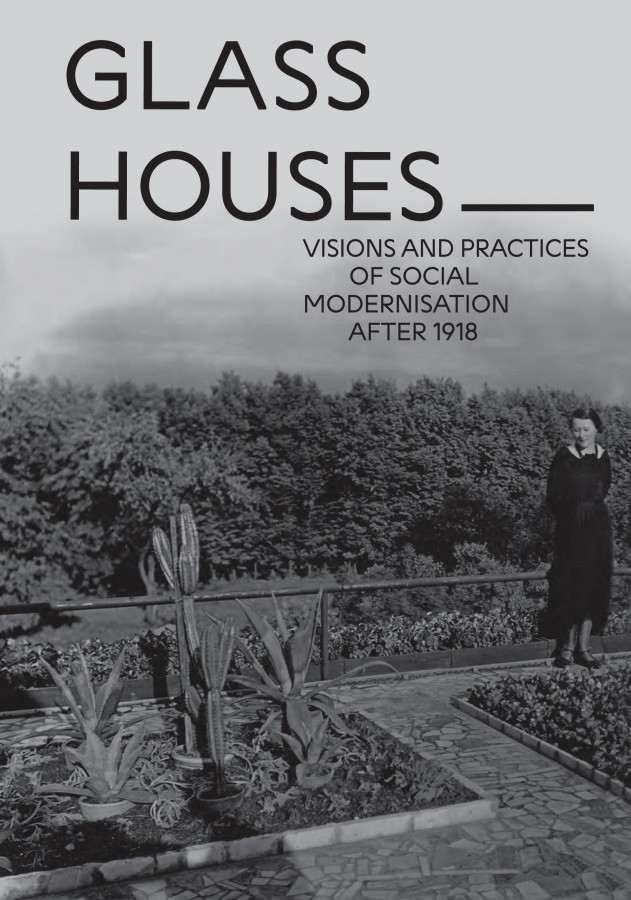Publikacja udostępniana jest na licencji Creative Commons.
edited by: Joanna Kordjak
after graphic design by: Fontarte (Magdalena Frankowska, Artur Frankowski)
language: English
ISBN 978-83-64714-72-6
Publication date: 19.10.2018
The narration of the book, as well as the current Zachęta exhibition, The Future Will Be Different. Visions and Practices of Social Modernisation after 1918, accompanied by the book, are build around various social ideas, arising after Poland regained its independence. These ideas, including the cooperative movement, cooperatism, building a strong society through sports, as well as social children’s upbringing and sexual education, aimed at designing a modern society, were an answer to real social problems (unemployment, the housing crisis) and social sentiments (increasingly more radical as the economic crisis deepened). The embodiment of these ideas were model worker’s housing estates of the Warsaw Housing Cooperative (in the Żoliborz and Rakowiec districts), or care and education facilities, such as Our Home orphanage in the Bielany district or the Włodzimierz Medem Sanatorium in Miedzeszyn (called Little Eden). The publication is interdisciplinary in nature and consists of essays in the fields of art history, architecture and design, film, theatre and cultural anthropology (text authors include Dorota Sajewska, Ewa Klekot, Monika Talarczyk, Małgorzata Radkiewicz, Przemysław Strożek, Agnieszka Kościańska and others), as well as very rich visual materials. The book shows the fascinating, sometimes surprising picture of the interwar period in Poland, seen through the prism of intensive social and moral transformations, as well as the emancipation of various previously undervalued groups, such as women, children and the working class.
The publication also contains photographs documenting the exhibition at Zachęta.
-
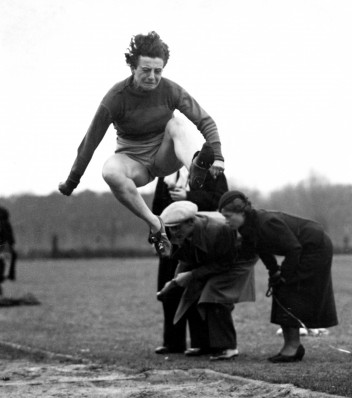 24.02 – 27.05.2018The Future Will Be DifferentVisions and Practices of Social Modernisation after 1918
24.02 – 27.05.2018The Future Will Be DifferentVisions and Practices of Social Modernisation after 1918An exhibition devoted to the interwar period in Poland, with a narrative built around the key social ideas that were born after the country regained its independence in 1918. The modernizing ideas, focusing around the needs of previously underprivileged social groups — women, children, workers and ethnic minorities — will be shown through the perspective of the broadly understood visual culture of this time (from architecture and design to the most modern medium of the time, film).
Zachęta – National Gallery of ArtZachęta
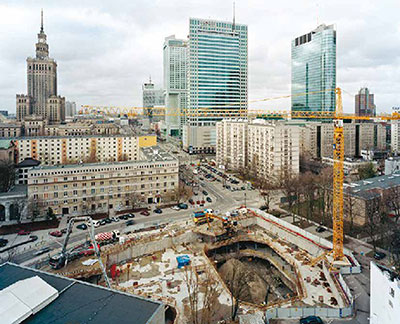 booksJanicka & Wilczyk. Other CityCatalogue of the exhibition
booksJanicka & Wilczyk. Other CityCatalogue of the exhibition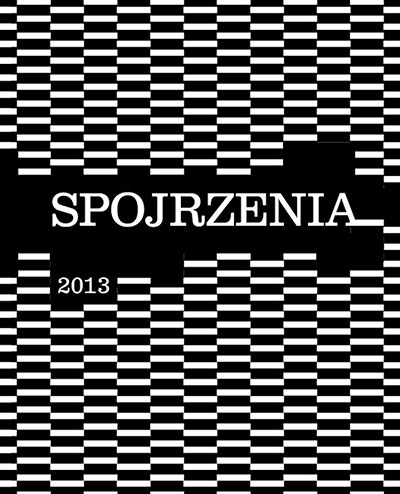 booksViews 2013 – Deutsche Bank Foundation AwardCatalogue of the exhibition
booksViews 2013 – Deutsche Bank Foundation AwardCatalogue of the exhibition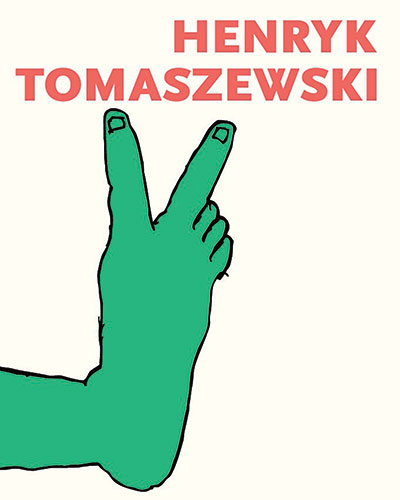 books
books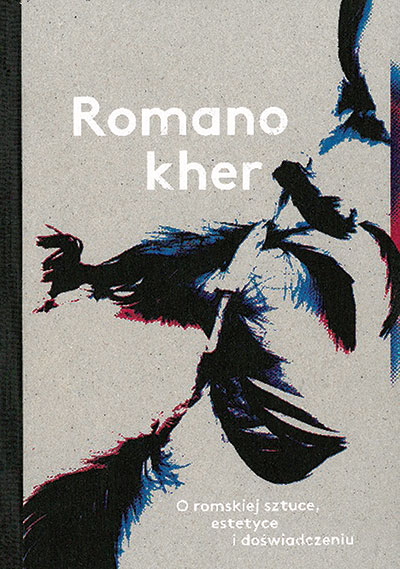 booksRomano kher. On Roma art, aesthetics and experienceBook (in Polish)
booksRomano kher. On Roma art, aesthetics and experienceBook (in Polish) booksImpossible ObjectsCatalogue of the exhibition
booksImpossible ObjectsCatalogue of the exhibition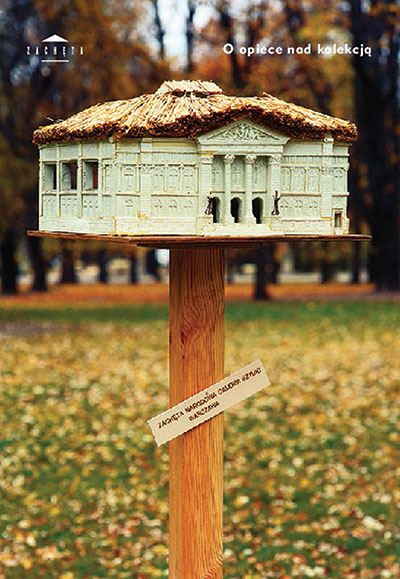 booksTaking care of the collectionBook (in Polish)
booksTaking care of the collectionBook (in Polish)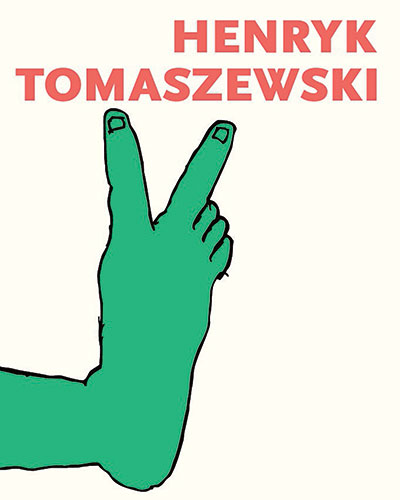 booksHenryk TomaszewskiThe book
booksHenryk TomaszewskiThe book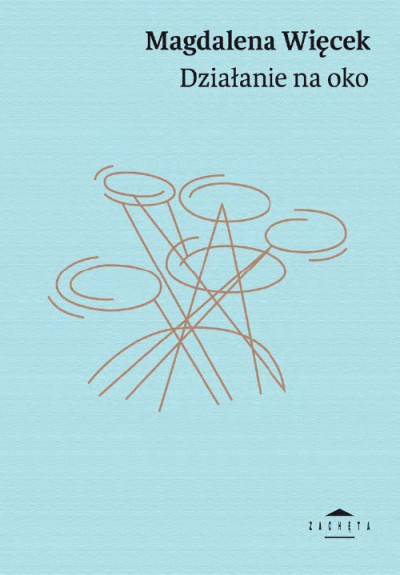 booksMagdalena Więcek. Affecting the eyeExhibition catalogue (in Polish)
booksMagdalena Więcek. Affecting the eyeExhibition catalogue (in Polish)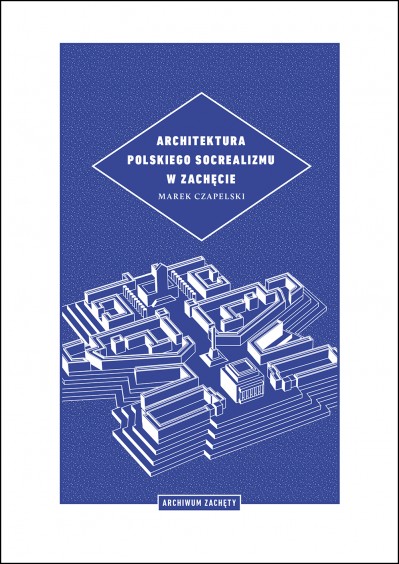 books
books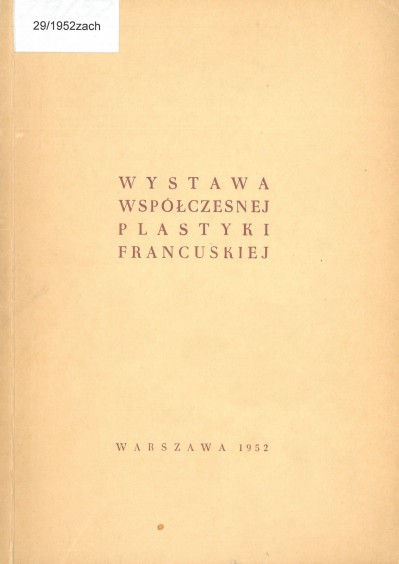 books
books
